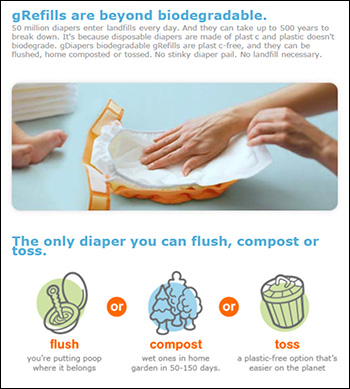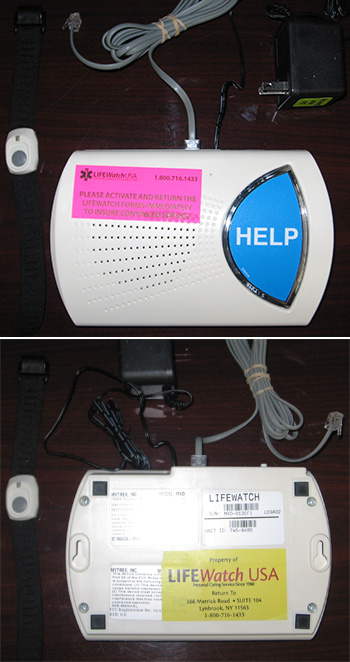The Federal Trade Commission will require one of the nation’s largest hospital operators, Community Health Systems, Inc. (CHS) to divest hospitals and related assets, including outpatient facilities, in Alabama and South Carolina as a condition of its proposed $7.6 billion acquisition of rival health system Health Management Associates, Inc. (HMA).
Under a proposed settlement with the FTC, CHS will sell the Riverview Regional Medical Center and all of its associated operations and businesses near Gadsden, Alabama, and the Carolina Pines Regional Medical Center and of its associated operations and businesses near Hartsville, South Carolina, to Commission-approved buyers within six months after the order is issued.
The divestitures resolve Commission charges that the combination would likely substantially lessen competition for general acute care (GAC) inpatient services sold to commercial health plans and provided to commercially insured patients in two local markets: 1) Etowah County, including the city of Gadsden, Alabama; and 2) Darlington County, South Carolina. Absent relief, CHS’s acquisition of HMA would eliminate valuable price and quality competition that has benefitted local patients in these two markets.
In the Gadsden, Alabama area, the transaction would have combined HMA’s Riverview Regional Medical Center with CHS’s Gadsden Regional Medical Center, the only other significant hospital in the Gadsden area, leading to a near-monopoly in GAC services provided to commercially insured patients. In the Darlington County area, the deal would have combined CHS’s Carolinas Hospital-Florence and HMA’s Carolina Pines Regional Medical Center, reducing the number of significant competing providers of GAC services to commercially insured patients from three to two.
Headquartered in Franklin, Tennessee, CHS is a for-profit health system that owns 135 hospitals in 29 states. CHS is the second-largest hospital chain in the United States, and generated about $13 billion in revenue in 2012. HMA is a for-profit health system headquartered in Naples, Florida, that owns 71 hospitals in 15 states. In 2012, HMA generated $5.9 billion in revenue.
The settlement also requires the companies to hold separate the assets to be divested and to maintain their economic viability, marketability, and competitiveness until the sales are complete. CHS also is required to provide the Commission prior notice of any acquisition of a GAC inpatient services provider in these areas for 10 years.
The Commission vote to accept the consent agreement package containing the proposed consent order for public comment was 4-0. The FTC will publish a description of the consent agreement package in the Federal Register shortly. The agreement will be subject to public comment for 30 days, beginning today and continuing through February 21, 2014, after which the Commission will decide whether to make the proposed consent order final. Interested parties can submit written comments electronically or in paper form by following the instructions in the “Invitation To Comment” part of the “Supplementary Information” section.
Comments also can be submitted electronically by following the instructions on the web-based form. Comments in paper form should be mailed or delivered to: Federal Trade Commission, Office of the Secretary, Room H-113 (Annex D), 600 Pennsylvania Avenue, N.W., Washington, DC 20580. The FTC is requesting that any comment filed in paper form near the end of the public comment period be sent by courier or overnight service, if possible, because U.S. postal mail in the Washington area and at the Commission is subject to delay due to heightened security precautions.
NOTE: The Commission issues an administrative complaint when it has “reason to believe” that the law has been or is being violated, and it appears to the Commission that a proceeding is in the public interest. When the Commission issues a consent order on a final basis, it carries the force of law with respect to future actions. Each violation of such an order may result in a civil penalty of up to $16,000.
The FTC’s Bureau of Competition works with the Bureau of Economics to investigate alleged anticompetitive business practices and, when appropriate, recommends that the Commission take law enforcement action. To inform the Bureau about particular business practices, call 202-326-3300, send an e-mail to [email protected], or write to the Office of Policy and Coordination, Bureau of Competition, Federal Trade Commission, 601 New Jersey Ave., Room 7117, Washington, DC 20001. To learn more about the Bureau of Competition, read Competition Counts. Like the FTC on Facebook, follow us on Twitter, and subscribe to press releases for the latest FTC news and resources.


